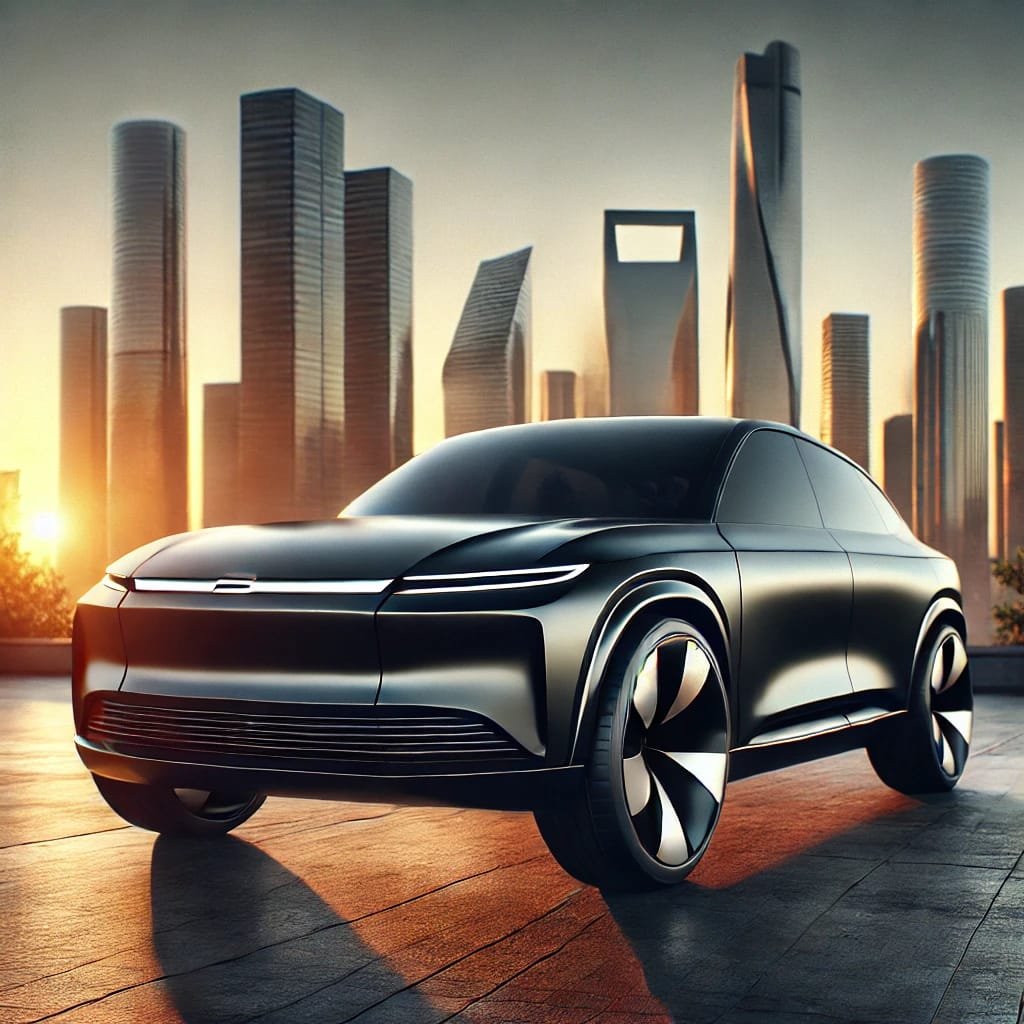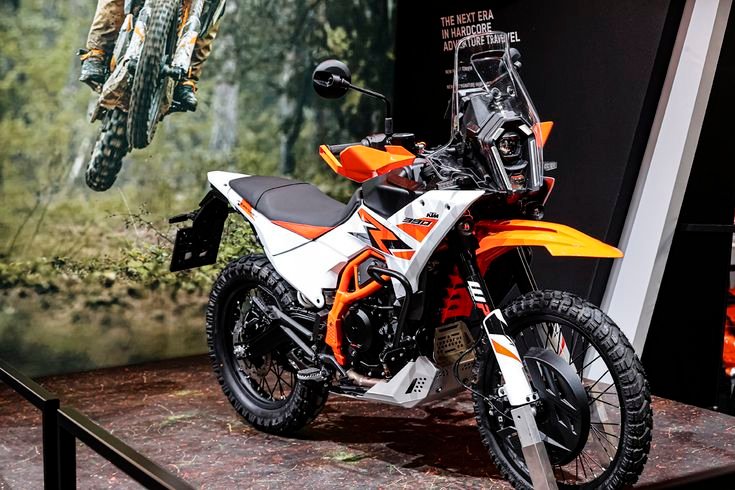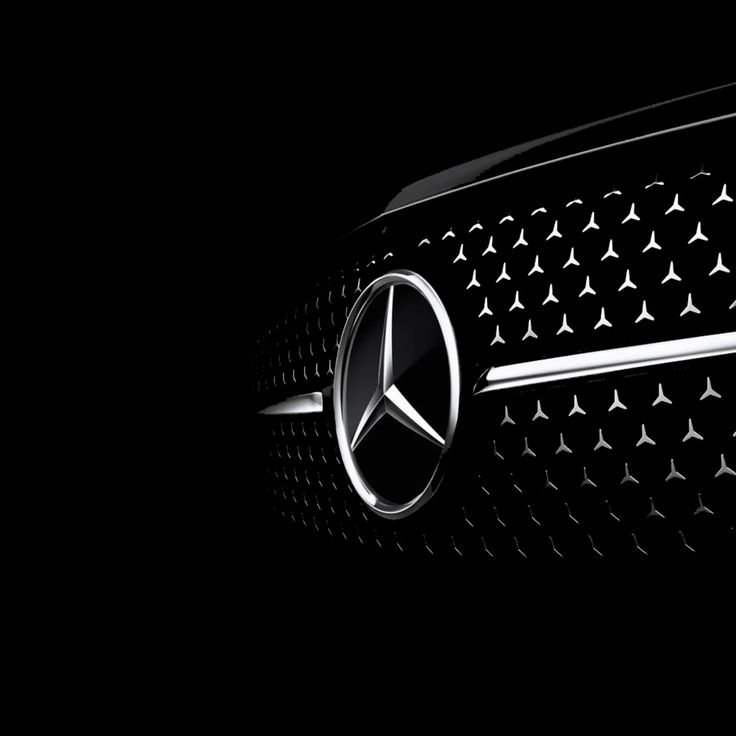
South Korean automotive leader Hyundai Motor Group is setting its sights on a significant expansion of its hybrid electric vehicle (HEV) portfolio as part of its ambitious Hyundai Way strategy. Announced during the CEO Investor Day event, the company revealed its plan to double its current HEV offerings, from seven to 14 models, by 2030. This expansion reflects Hyundai’s commitment to strengthening its position in the global automotive market, particularly in regions like North America, where the demand for hybrid vehicles is expected to surge.
This article provides an in-depth analysis of Hyundai Motor Group’s strategic expansion of its hybrid electric vehicle portfolio, examining the key drivers behind this move, the implications for the global automotive market, and how Hyundai’s approach aligns with broader trends in the industry.
The Hyundai Way Strategy: A Vision for the Future
Hyundai Motor Group’s decision to expand its HEV portfolio is a core component of the Hyundai Way strategy, a long-term plan aimed at positioning the company as a global leader in sustainable mobility. The strategy encompasses a broad range of initiatives, from increasing the production and sales of hybrid and electric vehicles to enhancing the company’s technological capabilities and operational efficiency.
At the heart of this strategy is the goal to expand Hyundai’s hybrid electric vehicle offerings from the current seven models to 14 by 2030. This ambitious target underscores the company’s belief in the growing importance of hybrid vehicles as a bridge technology between traditional internal combustion engines (ICE) and fully electric vehicles (EVs). By 2030, Hyundai aims to sell 1.33 million units of hybrid vehicles globally, highlighting the significant role that hybrids will play in the company’s future.
Expanding the Hybrid Portfolio: A Strategic Move
Hyundai’s plan to expand its hybrid electric vehicle lineup is driven by several key factors, including market demand, regulatory trends, and the company’s broader sustainability goals. This section explores the rationale behind Hyundai’s decision to invest heavily in hybrid technology and the specific models and technologies that will form part of this expanded portfolio.
1. Market Demand and Regional Focus
One of the primary drivers behind Hyundai’s decision to expand its hybrid portfolio is the anticipated increase in global demand for hybrid vehicles. In particular, the company expects strong demand in North America, where hybrid vehicles are seen as an attractive option for consumers who are not yet ready to make the full transition to electric vehicles. By 2030, Hyundai plans to increase its hybrid vehicle volume in North America to 690,000 units, reflecting the region’s growing preference for fuel-efficient, environmentally friendly vehicles.
In addition to North America, Hyundai is also focusing on expanding its hybrid sales in other key regions, including Korea and Europe. The company’s regional hybrid deployment plan is designed to provide flexibility in its market portfolio, allowing Hyundai to tailor its offerings to meet the specific needs and preferences of consumers in different markets. This approach ensures that Hyundai can effectively respond to regional variations in demand and regulatory requirements, maximizing its global reach.
Interestingly, Hyundai has stated that it will not introduce hybrid vehicles in its domestic market of South Korea. This decision is notable given the country’s significant role in Hyundai’s operations. However, it reflects the company’s strategic focus on fully electric vehicles (EVs) and hydrogen fuel cell vehicles in the domestic market, where government policies and consumer preferences are increasingly shifting towards zero-emission technologies.
2. Technological Advancements: The TMED-II System
A key component of Hyundai’s hybrid strategy is the introduction of the TMED-II (Transmission Mounted Electric Device) system, which is slated to be integrated into the company’s production vehicles starting in January 2025. The TMED-II system represents the next generation of Hyundai’s hybrid technology, offering improved efficiency, performance, and driving experience.
The TMED-II system is designed to enhance the hybrid driving experience by optimizing the interaction between the internal combustion engine and the electric motor. This system enables smoother transitions between power sources, better fuel efficiency, and reduced emissions. Additionally, the TMED-II system is expected to support advanced features such as smart regenerative braking and Vehicle-to-Load (V2L) technology, which will further enhance the appeal of Hyundai’s hybrid vehicles.
Smart regenerative braking is a technology that allows the vehicle to recover and store energy during braking, which can then be used to power the electric motor. This not only improves fuel efficiency but also extends the range of the vehicle. V2L technology, on the other hand, enables the vehicle to supply power to external devices, making it a versatile and practical option for consumers.
By equipping its future hybrid vehicles with these premium technologies, Hyundai aims to differentiate its products in a competitive market and cement its reputation for superior product quality. The TMED-II system will play a crucial role in achieving this goal, providing Hyundai’s hybrid vehicles with a technological edge over competitors.
3. Production and Operational Efficiency
To support the expansion of its hybrid portfolio, Hyundai Motor Group plans to manufacture hybrid vehicles at its Hyundai Motor Group Metaplant America (HMGMA) facility in Georgia, U.S. This state-of-the-art manufacturing plant will also produce Hyundai’s dedicated electric vehicle models, including the IONIQ 5 and IONIQ 9. By integrating the production of hybrid and electric vehicles at a single facility, Hyundai aims to enhance operational efficiency and respond swiftly to market demands.
The strategic location of the HMGMA facility in Georgia allows Hyundai to serve the North American market more effectively, where the demand for hybrid vehicles is expected to grow significantly. The facility’s proximity to key markets and its advanced production capabilities will enable Hyundai to scale its operations quickly and efficiently, ensuring that the company can meet its ambitious sales targets.
In addition to its manufacturing capabilities, Hyundai is also focusing on supply chain optimization to support its hybrid expansion. This includes securing a reliable supply of critical components such as batteries and electric motors, which are essential for hybrid vehicle production. By building a robust supply chain, Hyundai aims to mitigate potential disruptions and ensure the timely delivery of its hybrid vehicles to customers.
The Broader Context: Hyundai’s Stance on Hybrid Vehicles
Hyundai’s decision to expand its hybrid portfolio comes at a time when the global automotive industry is undergoing a significant transformation. As governments and consumers alike increasingly prioritize sustainability and environmental responsibility, automakers are being pushed to innovate and adapt their product offerings to meet these changing expectations.
While fully electric vehicles (EVs) are widely regarded as the future of the automotive industry, hybrid vehicles continue to play a critical role in the transition to zero-emission mobility. For many consumers, hybrids offer a practical and accessible solution that combines the benefits of electric driving with the familiarity and convenience of internal combustion engines.
Despite the growing focus on EVs, Hyundai has maintained a strong commitment to hybrid technology as part of its broader sustainability strategy. The company’s stance on hybrid vehicles is shaped by a recognition of the diverse needs of global markets and the varying pace at which different regions are adopting electric vehicles.
1. Hyundai’s Global Perspective on Hybrids
Hyundai’s global perspective on hybrids is informed by a deep understanding of regional market dynamics. In markets like North America, where infrastructure for electric vehicles is still developing, hybrids are seen as a crucial step in the transition to fully electric mobility. By offering a range of hybrid models, Hyundai can cater to consumers who are looking for more fuel-efficient vehicles without the range anxiety associated with pure EVs.
In Europe, where emissions regulations are among the strictest in the world, hybrids also play an important role in helping Hyundai meet regulatory requirements while providing consumers with environmentally friendly vehicle options. The expansion of Hyundai’s hybrid portfolio in Europe is expected to contribute to the company’s efforts to reduce its overall carbon footprint and comply with stringent emissions standards.
Hyundai’s decision not to introduce hybrid vehicles in South Korea reflects the company’s focus on promoting fully electric and hydrogen fuel cell vehicles in its domestic market. South Korea’s government has implemented a range of policies aimed at accelerating the adoption of zero-emission vehicles, and Hyundai’s strategy aligns with these national objectives.
2. Hyundai’s Position in the Indian Market
Hyundai’s stance on hybrids in the Indian market has been a topic of interest, particularly given the company’s opposition to incentives for hybrid vehicles, such as GST concessions and registration tax waivers. India, with its rapidly growing automotive market, presents unique challenges and opportunities for automakers.
Hyundai has voiced concerns that incentives for hybrid vehicles could divert attention and resources away from the development and adoption of fully electric vehicles. The company has argued that India’s focus should be on building the necessary infrastructure and support systems for EVs, rather than promoting hybrids as a transitional technology.
In line with this stance, Hyundai’s product strategy in India has largely focused on its range of fully electric vehicles, including the Kona Electric and the upcoming IONIQ models. By positioning itself as a leader in the EV space, Hyundai aims to capitalize on the long-term potential of the Indian market, where government policies and consumer interest are increasingly aligning with the global shift towards electric mobility.
The Future of Hyundai’s Hybrid Vehicles
As Hyundai Motor Group embarks on its ambitious plan to expand its hybrid electric vehicle portfolio, the company is positioning itself to capitalize on the growing demand for sustainable mobility solutions. The expansion from seven to 14 hybrid models by 2030 is a clear indication of Hyundai’s confidence in the continued relevance of hybrid technology, even as the industry moves towards full electrification.
1. Product Development and Innovation
Looking ahead, Hyundai’s focus on product development and innovation will be key to the success of its hybrid expansion. The introduction of the TMED-II system, along with other advanced technologies such as smart regenerative braking and V2L, will enhance the appeal of Hyundai’s hybrid vehicles and differentiate them in a competitive market.
As part of its product development strategy, Hyundai is likely to continue investing in research and development (R&D) to further improve the efficiency, performance, and sustainability of its hybrid vehicles. This includes exploring new materials, battery technologies, and powertrain innovations that can deliver superior driving experiences while minimizing environmental impact.
2. Market Expansion and Regional Strategies
Hyundai’s market expansion plans will also play a critical role in the success of its hybrid strategy. By tailoring its hybrid sales expansion to meet the demand in each region, Hyundai can maximize its market presence and capture a larger share of the global hybrid market.
In North America, where hybrid demand is expected to surge, Hyundai’s focus on expanding its hybrid vehicle volume to 690,000 units by 2030 will be a key driver of growth. The strategic production of hybrids at the HMGMA facility in Georgia will enable Hyundai to respond quickly to market changes and ensure a steady supply of vehicles to meet consumer demand.
In Europe and other key markets, Hyundai’s hybrid strategy will be shaped by regional regulatory requirements and consumer preferences. The company’s ability to navigate these complexities and adapt its product offerings to local market conditions will be crucial in maintaining its competitive edge.
3. Sustainability and Corporate Responsibility
As part of its broader commitment to sustainability and corporate responsibility, Hyundai’s hybrid expansion is also aligned with the company’s environmental goals. By offering a wider range of hybrid vehicles, Hyundai is contributing to the global effort to reduce greenhouse gas emissions and combat climate change.
The company’s focus on developing and promoting hybrid vehicles that are both efficient and environmentally friendly reflects Hyundai’s recognition of its role as a responsible corporate citizen. This commitment to sustainability is likely to resonate with consumers who are increasingly prioritizing environmental considerations in their purchasing decisions.
Conclusion
Hyundai Motor Group’s strategic expansion of its hybrid electric vehicle portfolio represents a significant milestone in the company’s journey towards sustainable mobility. By doubling its hybrid offerings from seven to 14 models by 2030, Hyundai is positioning itself to meet the growing global demand for hybrid vehicles while continuing to innovate and lead in the automotive industry.
The introduction of advanced technologies such as the TMED-II system, smart regenerative braking, and V2L will enhance the appeal of Hyundai’s hybrid vehicles and provide consumers with high-quality, environmentally friendly options. Hyundai’s regional strategies, particularly in North America and Europe, will ensure that the company can effectively capture market opportunities and respond to evolving consumer preferences.
As Hyundai continues to implement its Hyundai Way strategy, the expansion of its hybrid portfolio will play a central role in achieving the company’s long-term goals of increased sales, operational efficiency, and sustainability. With a focus on innovation, market responsiveness, and corporate responsibility, Hyundai is well-positioned to lead the charge in the global transition to greener, more sustainable transportation solutions.
ALSO READ: Toyota and BMW to Upgrade Partnership in Fuel Cell Vehicles







